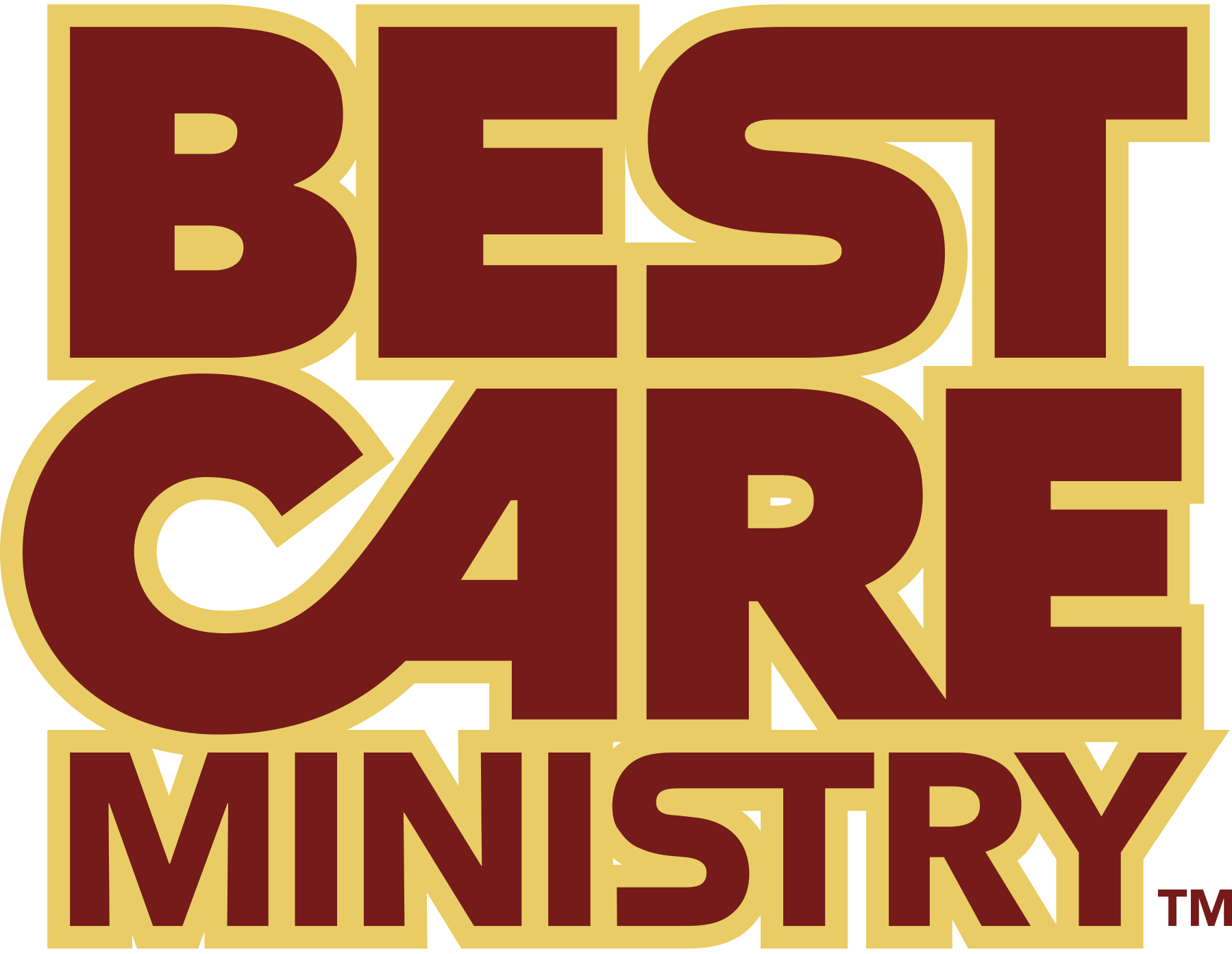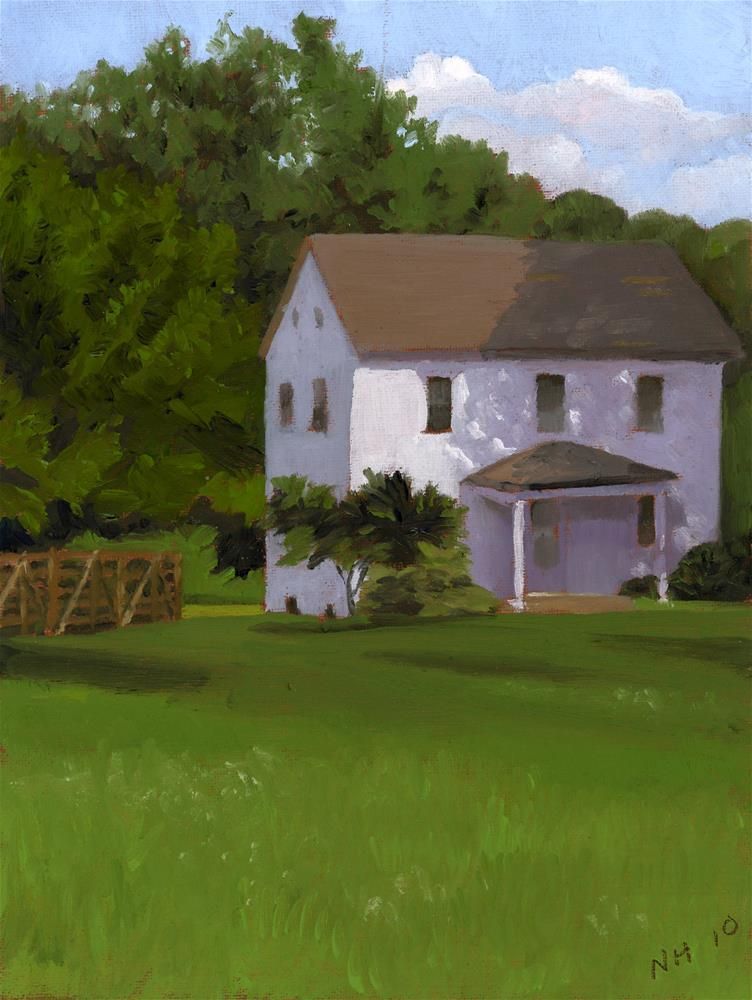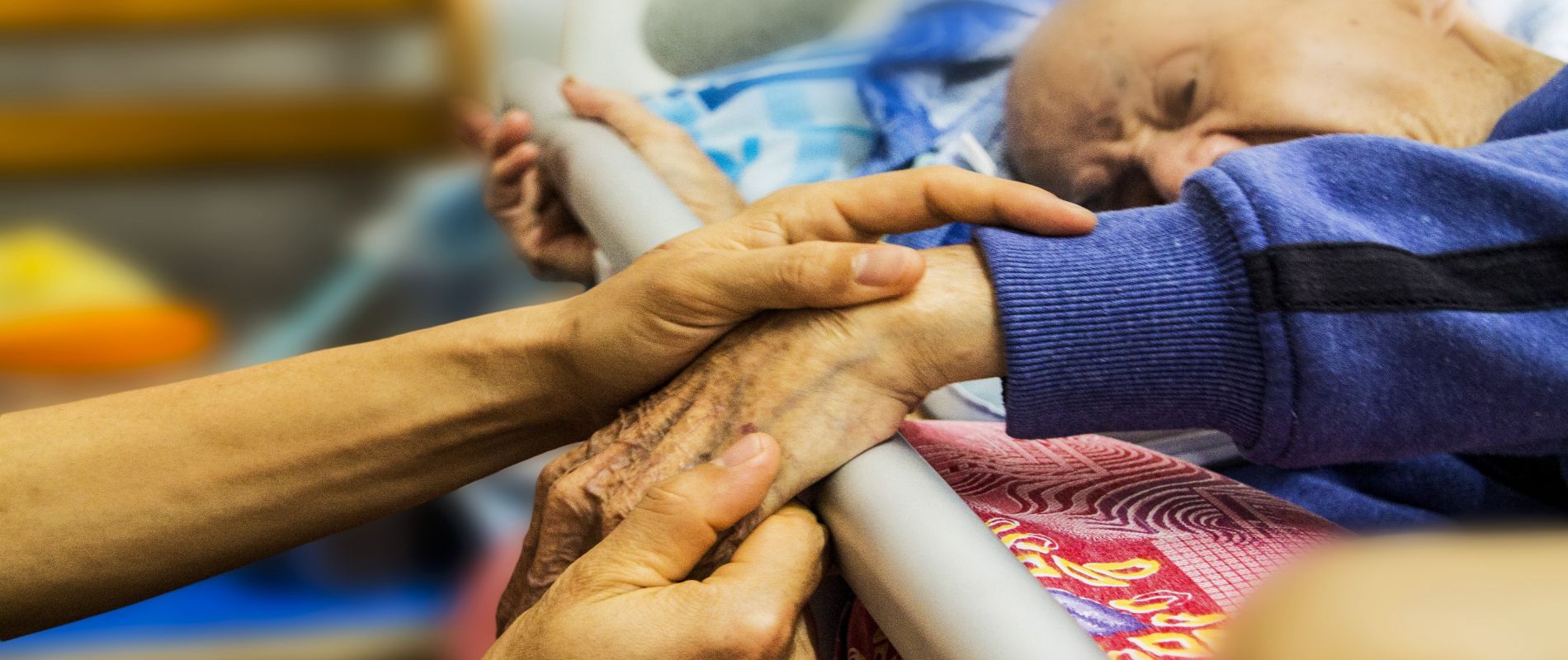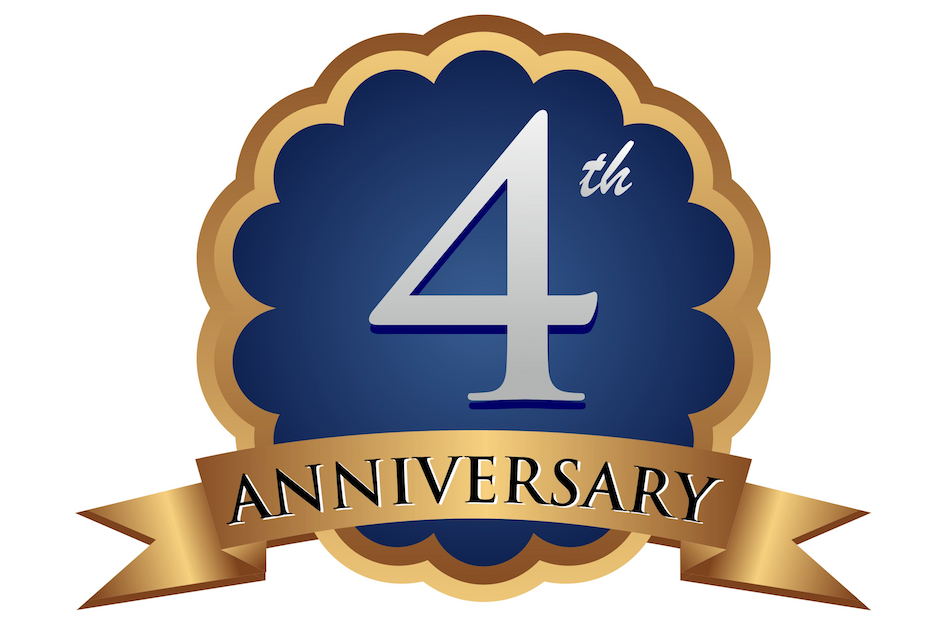Alcoholics help alcoholics the best.
But, if you are not an alcoholic or addict,
there are still things you can do.
Here are four.
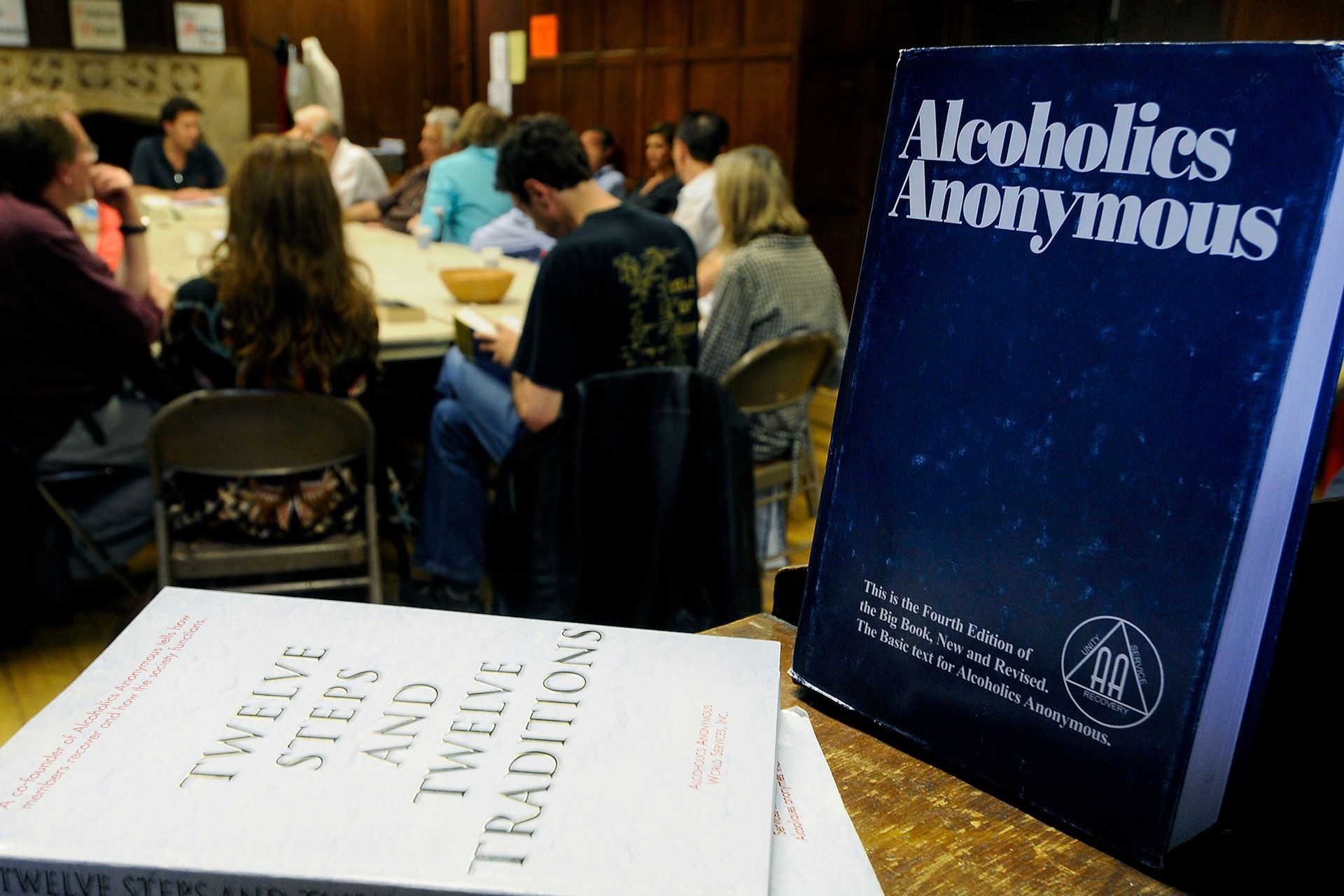
Only people who battle an addiction understand the power of the addiction. And those fighting an addiction most trust others who have been there and understand.
When I was the Chaplain at a Behavioral and Addiction Hospital, I would talk to people trying to get free from an addiction. So, I added the
"Big Book" from Alcoholics Anonymous to my library. I learned that I may be able to help an alcoholic find and/or understand the Higher Power they so desperately need, but beyond that important step, I am limited.
Only people with an addiction can really understand what the addiction is like and the addicted tend to only trust others who have been there and know what it is like.
Alcoholics Anonymous set the standard
In Akron, Ohio, Alcoholics Anonymous got started in 1939. Bill Wilson and Dr. Bob Smith learned the grave nature of alcoholism and experienced their sobriety in 1935 so they founded this unique and priceless organization.
"Bill Wilson had worked on on the theory that only an alcoholic could help an alcoholic... He was a broker who had gone to Akron on a business venture which had collapsed, leaving him greatly in fear that he might start drinking again. He suddenly realized that in order to save himself he must carry his message to another alcoholic. That alcoholic turned out to be the Akron physician Dr. Bob who had repeatedly tried spiritual means to resolve his alcoholic dilemma but had failed. When Bill gave him ... the description of alcoholism and its hopelessness, the physician began to pursue the spiritual remedy for his malady with a willingness he had never before been able to muster. He sobered, never to drink again up to the moment of his death in 1950. This seemed to prove that one alcoholic could affect another as no nonalcoholic could. It also indicated the strenuous work, one alcoholic with another, was vital to permanent recovery." (Alcoholics Anonymous, Fourth Edition, p. xvi)
The relational environment that AA uses, demonstrates the power of basic caring skills: honoring people with your presence, listening to their story, confidentiality and expressing empathy. It provides a safe place to do the hard work of the 12 Steps. And, those of us in care ministry should appreciate the strategy for one alcoholic helping another with these actions.
Here are four things we can do.
Even though I cannot provide all the help an alcoholic or addict faces I can do these four things.
- I should always affirm those fighting their addiction. "Thank you for being willing to do the hard work to get free from addiction," I tell the people who are often embarrassed, angry, broken and devastated from the power that controls them.
- I learn of resources in our community so I can help someone find a group when they come to me broken and in need.
- Perhaps we allow a group to meet at our church building -- they need rooms to meet.
- Maybe we begin a Regeneration or Celebrate Recovery Ministry.
And I learn and grow from their struggle.
In our world of care we encounter people who are active in their fight for sobriety. Understanding what they face will benefit us and help us to help them. Chances are, we all know and love someone who struggles with addiction. We can get involved with the cause in one way or another and we can apply the spiritual, relational and internal lessons to our own lives to help us
live and care better than ever before.
Did you know, there is an AA web-site? Go to www.aa.org.
You can buy the Big Book -- tons of stories of struggle and victory. There is also a newsletter, daily readings, a test to see if drinking is a problem and more.
